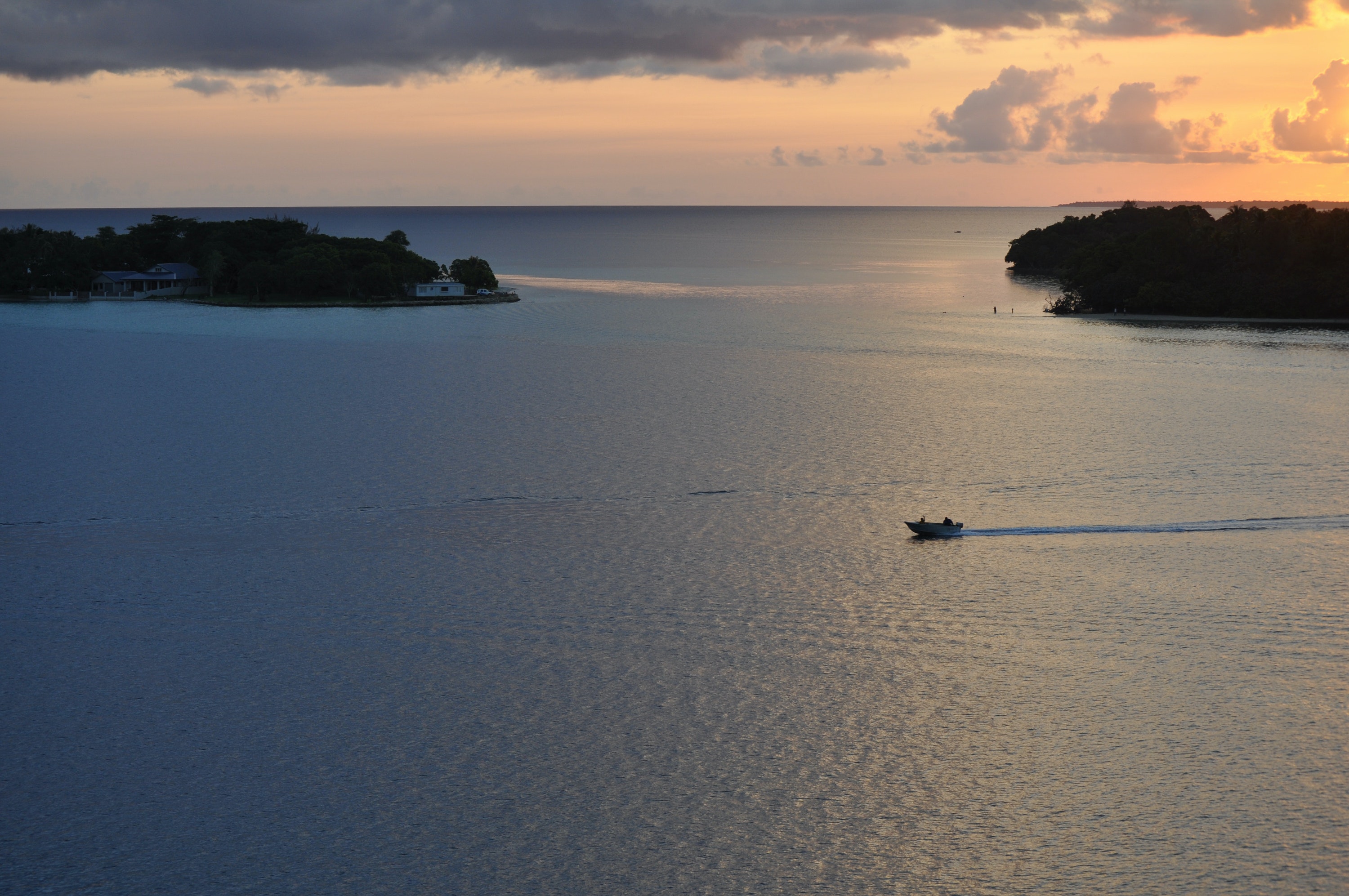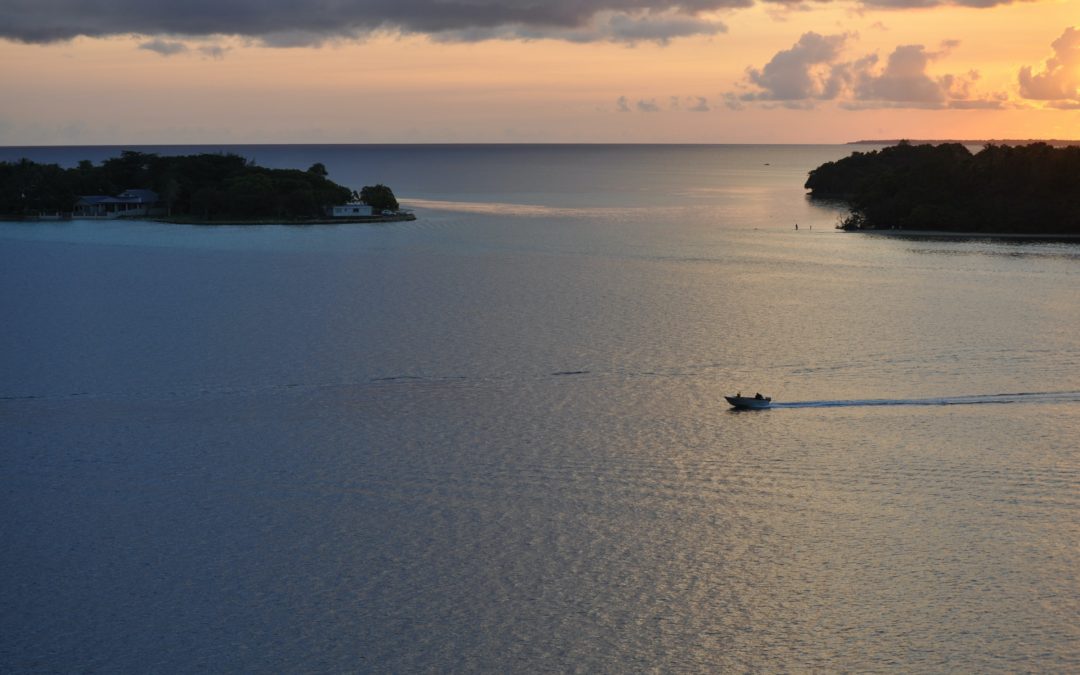
A small Pacific island nation scored a major victory for climate justice.
Vanuatu, an archipelago of 320,000 people threatened by rising seas and devastating storms, is behind a landmark U.N. resolution that could hold carbon-polluting countries to account for failing to act on climate change.
Conservation International’s climate lead, Emily Nyrop, explains what the resolution means and how it could advance climate justice.
Conservation News: To start, why is a move like this necessary?
Emily Nyrop: This is a step toward balancing the scales of the climate crisis. The wealthiest and most polluting countries that are largely to blame for the climate crisis have shown little progress in supporting small countries that emit a fraction of greenhouse gases, yet are facing existential threats from its effects — particularly Pacific island nations like Vanuatu. Just last month, Vanuatu experienced rare back-to-back cyclones that the country’s leaders are saying were made worse by climate change.
Let’s talk about what this resolution does and doesn’t do.
EN: This resolution asks the International Court of Justice (ICJ) — the leading global authority on international law, based in The Hague — to give an advisory opinion on whether countries have a legal obligation to address climate change — and to clarify the legal consequences of their actions, or lack thereof.
While an advisory opinion isn’t legally binding, it does carry weight and a level of moral authority. This matters because it can be used to pressure governments and set precedents for future legal action that can hold polluting countries accountable. Take the Paris climate accord, for example. It’s a voluntary agreement that carries no concrete legal consequences if countries fail to act on their commitments. Depending on what it concludes, this opinion from the ICJ has the potential to change those voluntary pledges into legal obligations. It’s difficult to predict exactly when the ICJ will make its decision, however the U.N. has indicated a final decision could be issued within the next year.
Looking ahead to the U.N. climate summit in the fall, this resolution could significantly influence how negotiations unfold. The biggest development to come out of last year’s climate summit was the creation of a fund to compensate countries for losses and damages caused by climate impacts, like hurricanes, droughts or sea level rise. While the details of that fund are still being negotiated, this resolution bolsters climate-vulnerable countries that are pressing for more funding to support climate change adaptation and mitigation efforts.
Does this signal a turning point for climate justice?
EN: Absolutely. Vanuatu’s victory shows there’s growing urgency around holding polluters accountable for their actions and ensuring that vulnerable communities are not left to bear the brunt of the climate crisis on their own. It’s also important to note that this resolution was co-sponsored by 120 other countries, including nations like France, Germany and Australia, which are among the largest contributors to cumulative carbon emissions.
This really is a hallmark moment. It sends a strong message to wealthy countries that they cannot ignore the plight of climate-vulnerable communities — and that they have a responsibility to act on climate change, not only in their own countries but as part of a global community. The decision from the U.N. is not just saying climate justice is important, it is putting a legal stake in the ground, which has the potential to impact billions of people around the world.
Further reading:
Mary Kate McCoy is a staff writer at Conservation International. Want to read more stories like this? Sign up for email updates. Also, please consider supporting our critical work.
If you’d like to read the original source of this article please click here Visit Source

